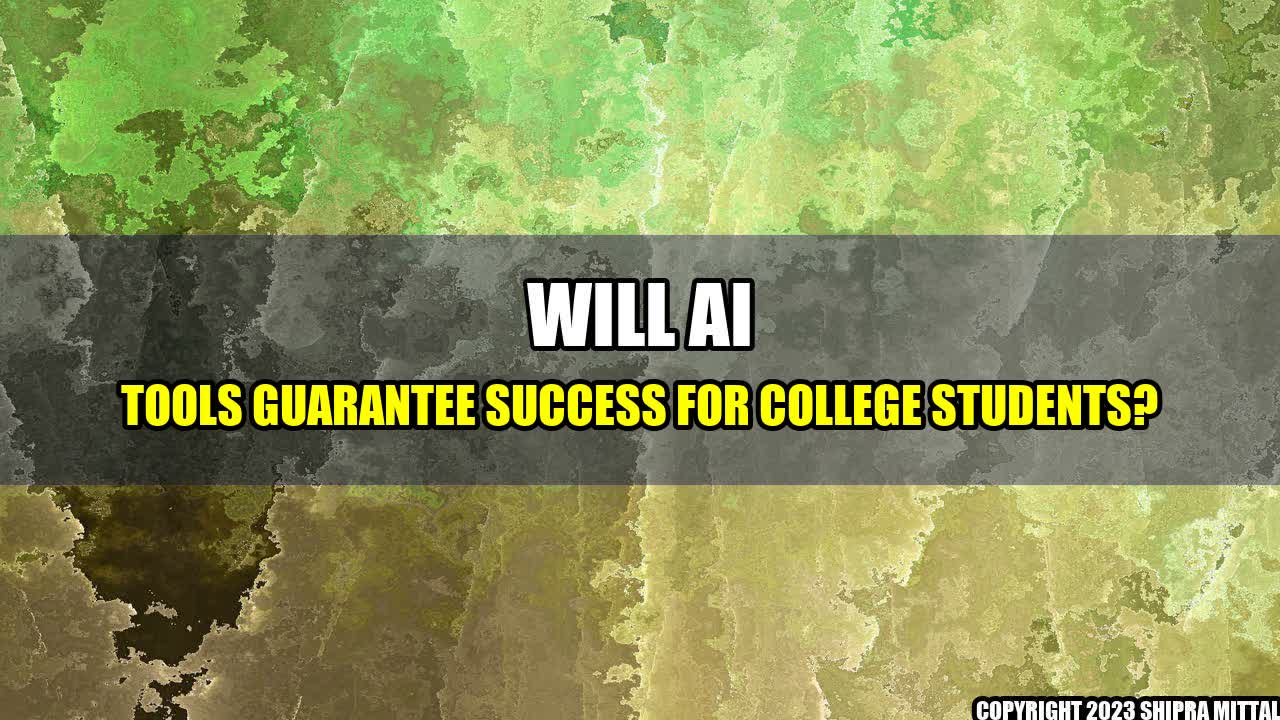A Tale of Two Students
Emma and Jack are two college students with a lot on their plates. Both are juggling demanding course loads, part-time jobs, and active social lives. However, Emma and Jack have different approaches to staying on top of their academic responsibilities.
Emma is a big believer in using technology to stay organized. She has a suite of apps on her smartphone that remind her of upcoming deadlines, track her study sessions, and even generate flashcards for her to review. For Emma, technology is the key to staying on top of her courses.
Jack, on the other hand, prefers a more traditional approach. He uses a planner to record his assignments and meetings, and he spends hours each day handwriting his notes. While he acknowledges the value of technology, he feels more comfortable relying on his own brainpower and intuition when it comes to academic success.
As finals approach, Emma and Jack both feel the pressure mounting. However, they have different resources at their disposal that they hope will help them succeed.
Real Life Examples
For students like Emma and Jack, the rise of artificial intelligence (AI) presents new possibilities for achieving academic success. Companies like Squirrel AI Learning, Carnegie Learning, and Knewton offer AI-driven tutoring programs that can adapt to each student's learning style and provide personalized feedback and coaching.
In addition, AI-powered writing assistants like Grammarly and Turnitin promise to help students improve their writing skills by providing instant feedback on grammar, style, and plagiarism. These programs use natural language processing algorithms to analyze the student's work and suggest improvements.
While AI tools can be extremely helpful for some students, they are not a guaranteed path to success. For example, a recent study by the University of Technology Sydney found that students who relied too heavily on AI writing assistants actually performed worse on writing tasks than those who didn't use them at all. The study suggests that students may become overly reliant on AI and fail to develop critical thinking and writing skills on their own.
Companies in the Field
Squirrel AI Learning
Squirrel AI Learning is a China-based company that uses AI to provide personalized tutoring and test preparation for students in K-12 education. The company claims that its algorithm takes into account a student's prior knowledge, learning progress, and even psychological state to provide optimal learning experiences.
Visit Squirrel AI LearningCarnegie Learning
Carnegie Learning is a US-based company that uses cognitive and data science to personalize learning for K-12 students. The company's AI-powered math tutoring program, MATHia, adapts to each student's unique strengths and weaknesses and provides targeted feedback.
Visit Carnegie LearningGrammarly
Grammarly is a writing assistant that uses AI to check for grammar, spelling, and punctuation errors in written work. The program also offers suggestions for improving style and clarity. Grammarly is used by millions of students, writers, and professionals worldwide.
Visit GrammarlySummary
AI-powered tools offer many benefits for college students, including personalized tutoring, instant writing feedback, and improved study habits. However, students must take care not to become overly reliant on these tools and neglect the development of critical thinking and writing skills. Companies like Squirrel AI Learning, Carnegie Learning, and Grammarly are at the forefront of the AI-powered education revolution.
Critical Comments
- AI tools can be extremely helpful, but students still need to put in the time and effort to succeed.
- Students should balance their use of AI tools with traditional study methods to ensure they are developing a well-rounded skill set.
- The long-term impact of AI on education is still unknown, and there are concerns about the potential for job loss and the perpetuation of inequality.

Akash Mittal Tech Article
Share on Twitter Share on LinkedIn